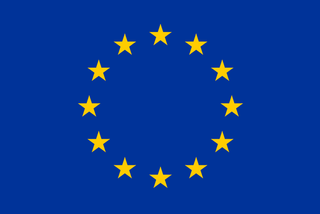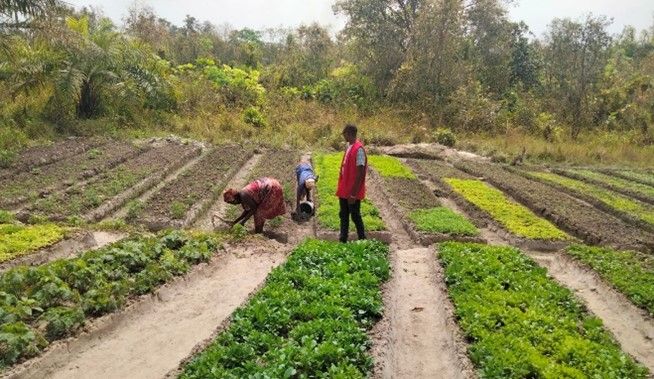The issue
Violence related to the December 2020 elections has had a devastating effect in CAR. Thousands of people have been forced to flee, human rights abuses have soared, hundreds of schools and dozens of hospitals have been forcibly closed and food prices have increased. In 2022 the security situation remains a concern, with population movements continuing at a high level.
This deterioration has occurred in an already precarious context, with more than half of the population (2.8 million people) in need of humanitarian assistance and protection and 1.9 million people in acute need. Since 2018 there have never been so many people in humanitarian distress in CAR.
Food insecurity is likely to worsen during the lean season in several prefectures. The September 2022 Integrated food security Phase Classification’s acute food insecurity analysis report notes that 2.7 million people are in acute food insecurity for the period September – March 2022 and that more than three million people are projected to be in acute food insecurity in April – August 2023.
The abuses perpetrated by armed groups have exacerbated the vulnerability of local populations and caused thousands of displaced persons. Recent incursions by armed groups resulted in the displacement of more than 1,496 people. In other areas, people can return home (over 27,000 people) but more than half of the population in that area (55%) is severely food insecure.
The Project
The project aims to provide emergency assistance to 24,025 individuals affected by the conflict in two the communities, Ippy and Bria, and enable the most vulnerable households to improve their food security and income, while meeting their income, while addressing their emergency needs.
The Change
The aim of this action is to enable the most vulnerable households to improve their food security and income, while meeting their emergency needs. A crisis modifier will respond to any emergency that may arise during the action.
This project is aligned with the Food Security Cluster intervention strategy and the Humanitarian Response Plan for CAR for 2022. This project will focus on three outcomes:
1) Improved livelihoods for 8,500 people through agricultural recovery: distribution of inputs (food and vegetable crops) and capacity building of beneficiaries
2) Emergency assistance to 13,525 vulnerable people to cover urgent food and non-food needs with cash and food stamps
3) A crisis modifier targeting 2,000 people for an emergency response covering the basic needs of households affected by a shock.
Our work
DCA has been working in the Central African Republic with a focus on improving the resilience of the communities affected by the ongoing conflict. This goes through a combination of Humanitarian Needs response, Social Cohesion, Protection and Livelihoods activities.
The goal of DCA in Central African Republic, in a mid-term basis, is to contribute to building safer communities by ensuring vulnerable and displaced people are safe and withstand shocks and crisis, by restoring community dialogue structures and supporting peace and protection strategies within social groups. Or even that communities in post-crisis and fragile contexts are self-reliant in relative peace.
About the project
Title: Emergency food security and response to the basic non-food needs of the most vulnerable households in the sub-prefecture of Ippy, in the prefecture of Ouaka and Bria in Haute Kotto in CAR
Period: 01-04-2022 to 31-06-2023
Amount: 1.8 million EURO
Donor: European Civil Protection and Humanitarian Aid Operations (ECHO)


